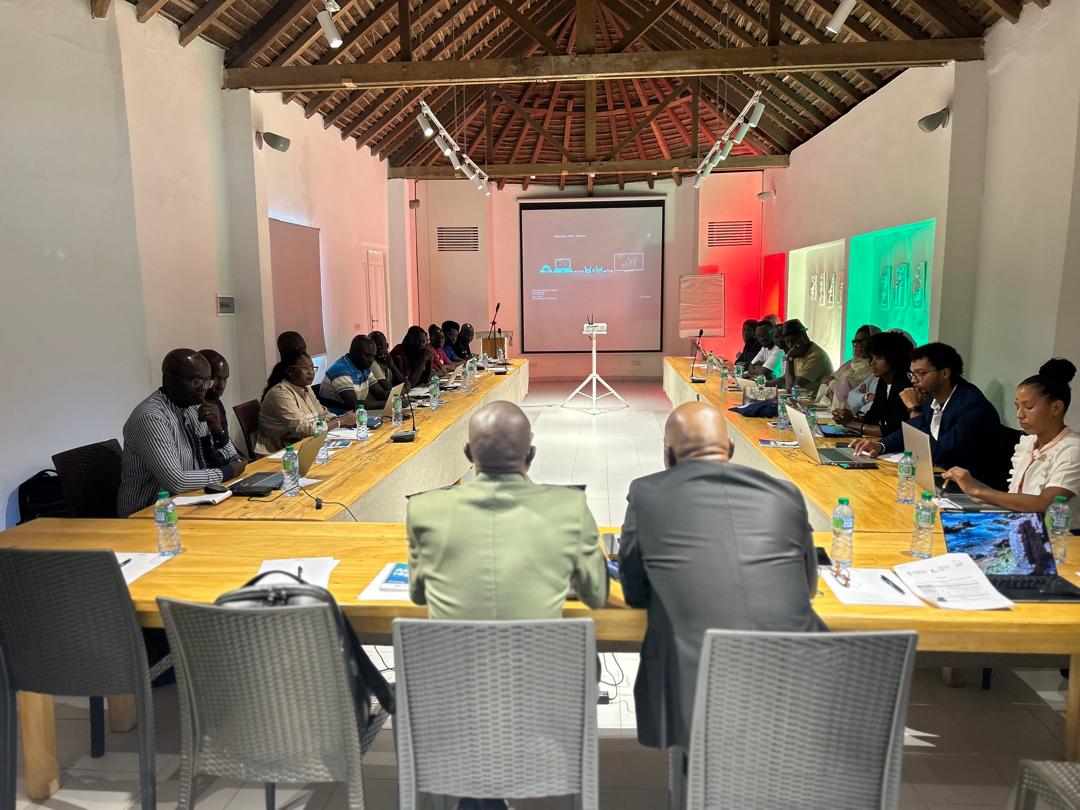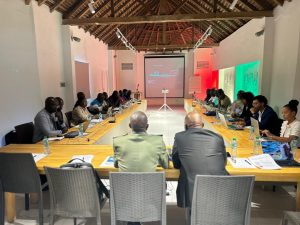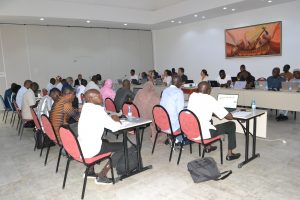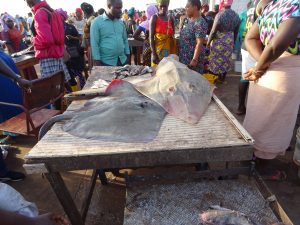On Thursday, September 25, in Toubakouta, Senegal, within the Saloum Delta, the in-person session of a groundbreaking course on the health and vitality of West African wetlands came to a close. The program was launched in May by the Regional Partnership for the Conservation of the Coastal and Marine Zone in West Africa (PRCM) in collaboration with the Wildfowl Wetlands Trust (WWT).
The in-person session brought together around thirty participants from five PRCM member countries, selected from the online course participants based on specific criteria.
Over three days, attendees alternated between theoretical sessions and field immersions. Discussions focused on the ecological and socio-economic importance of wetlands, the increasing threats they face, and the tools and policy frameworks required for their protection. A highlight of the program was the visit to the Saloum Delta National Park, offering participants a close-up view of the richness of its ecosystems and the daily challenges of managing them.
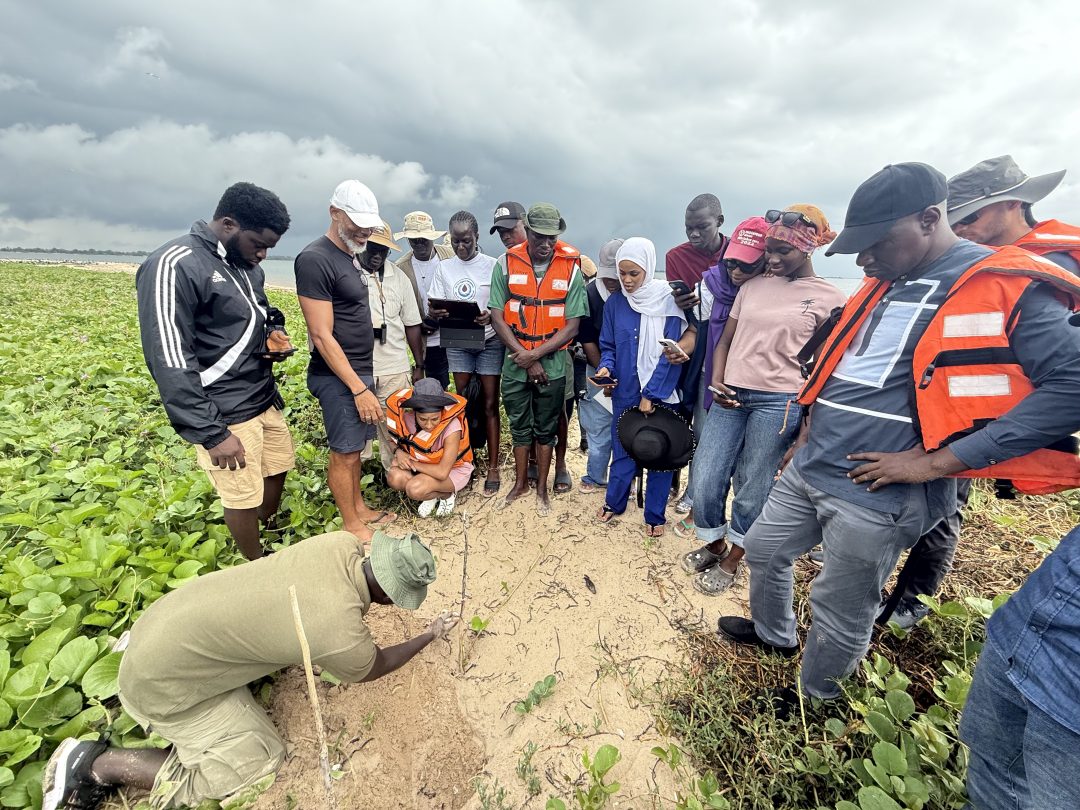
First Steps, Early Successes
A total of 175 participants from 13 countries joined the program, which began online. Among them were 127 men and 48 women, with strong representation from Francophone countries (125), followed by 29 Anglophones and 21 Lusophones. At the end of the program, 73 certificates were awarded, marking the first step toward building a regional network of specialized practitioners. These trained professionals are now becoming conservation ambassadors in their respective countries, carrying forward knowledge, experience, and practical solutions to protect wetlands.
West Africa was selected as a priority region for this training due to mounting pressures on its wetlands, including land conversion for agriculture, pollution, climate change impacts, oil exploration, and invasive species. In this context, strengthening local capacities has become an urgent shared priority.
This initiative is part of a global effort. Wetlands, which account for approximately 40% of the planet’s habitats, are among the most productive ecosystems and are critical for environmental balance. They store more carbon than tropical forests, reduce flooding risks, and sustain millions of livelihoods.
Yet, wetland loss is accelerating: 35% have already disappeared since 1970, and they are vanishing today three times faster than forests. A study conducted across 14 countries highlighted that the lack of accessible, centralized training is a major barrier to effective conservation.
Recognizing this urgency, the WWT and PRCM launched this program with the ambition of making training a starting point for creating a sustainable learning community, capable of sharing knowledge, experiences, and solutions to reverse the trend in collaboration with the global conservation community.
